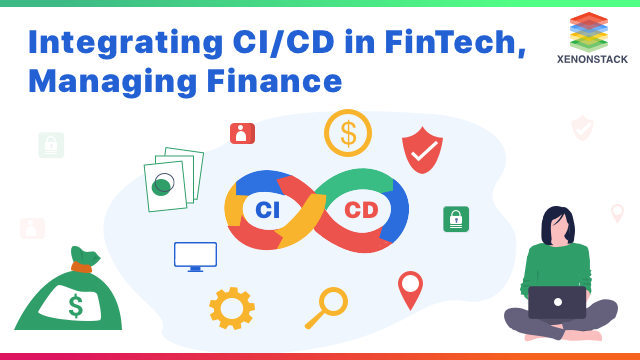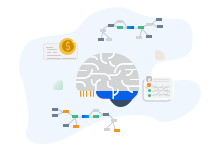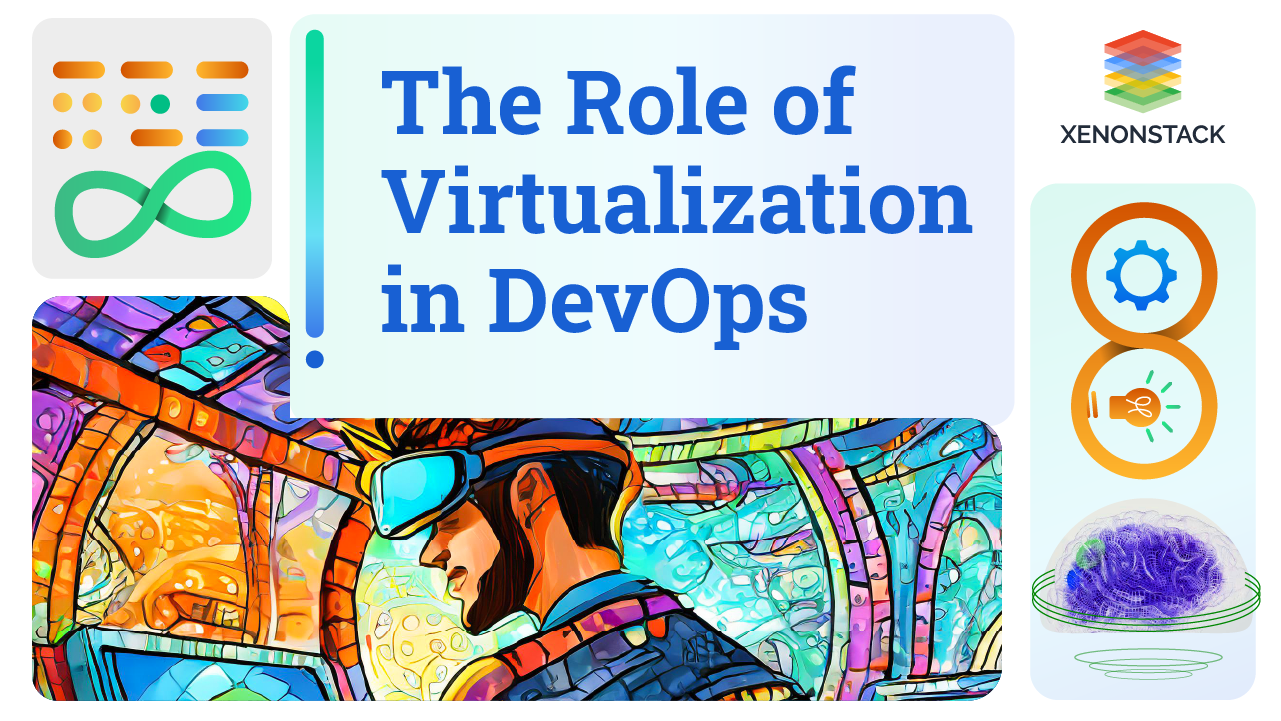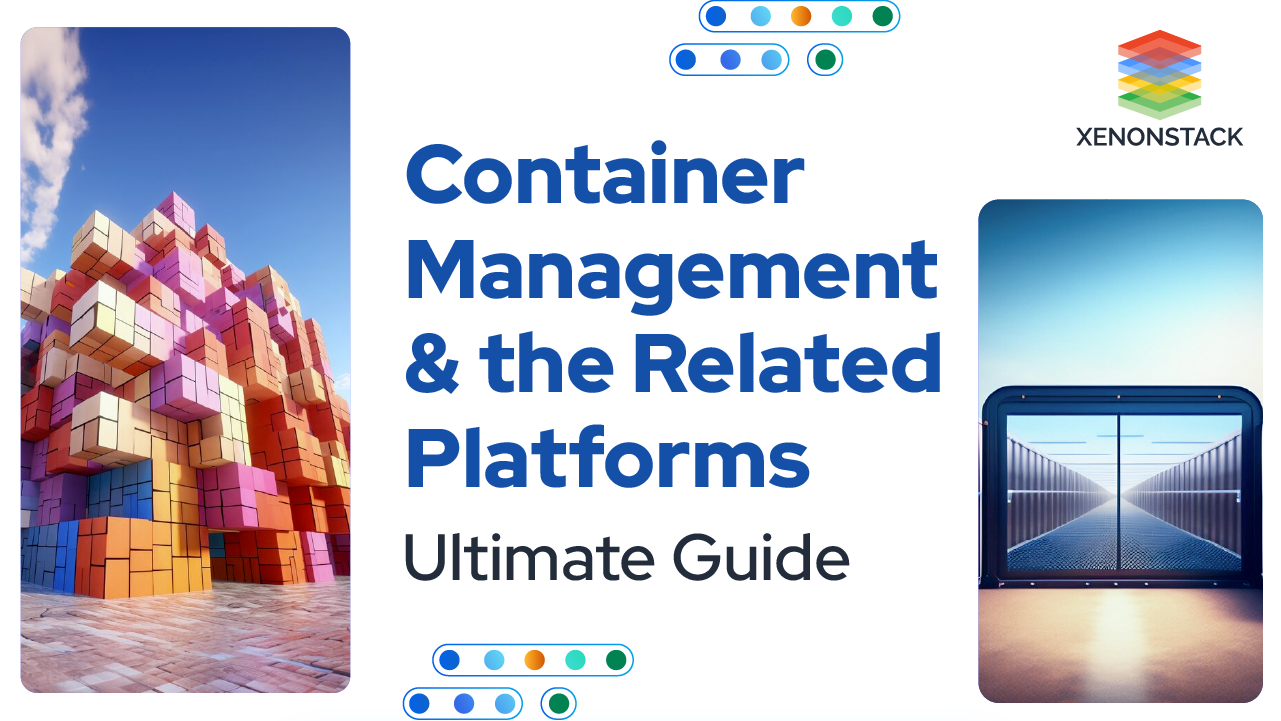
What is CI/CD in FinTech?
The Indian Economy went mostly cashless after the Demonetization 5 years ago. After that, Fintech (Finance Technology) organizations took the help of technology in financial services and integrated CI/CD ( Continuous Integration and Continuous Delivery) in FinTech to bounce back into the market. One cannot ignore the established FinTech companies, and we bet one already has the same on their mobile phone in the form of an application. For example, Paytm, MobiKwik, etc. For this to happen, DevOps processes played a crucial role in easing that process. Let us know how that happened.
Contribution of DevOps in the Financial Services Industry
DevOps phases played a vital role from the start until the end, i.e., pushing an application onto its production server.
Like in every other industry, the technology revolution has transformed the way the financial services industry operates. Source: DZone, A Devada Media Property
When a FinTech company decides to show its presence in the market, they have the vision to adapt to an environment that is effective and productive so that reliability increases. DevOps have helped in building those FinTech companies stronger and more effective in the following process:
Phase I
Including the version control system, this phase limits the error, often noticed by the developers' team as the source code problem. The reason is that the code is not properly managed or changed without any other developer's confirmation from the same location or even from a remote location.
Phase II
The next phase is continuous integration, which helps increase the frequency of devs and the operations team integrating more into the application and combining all the information at a particular level to have some idea of what is being done to the application.
Phase III
This phase is continuous delivery, which helps build, test, and deploy as DevOps' main aim is to provide a quality product with no or little flaw, which could be managed with testing. One must keep deploying the new build and patches onto the production servers.
Why CI/CD in Finance?
Marked below are certain challenges that necessitated employing CI/CD in FinTech:
1. Not sure about the quality of the product
At first, the product was not getting tested enough, or even it was getting tested, then after some time, a new failure is getting popped up, which caused a whole new dilemma.
2. Integration
As there was no integration of the data that needed to be managed and delivered to the production, it caused a problem. The team doesn’t have any common platform to look at what is being done to the product by others. And sometimes, code built by some other team was not getting support from others. And even if any integration system is already associated, it is inefficient as an organization's information is passed at a large scale and could be misused if not properly handled.
3. Manual Process
Before CI/CD, most things were carried out by a specific person or by a specific team manually. They do manual tests, which sometimes take days to complete. This affects the time to market the product, thus causing a delay. And any other team associated with the product has no clue what other teams were till the product appears at the production stage.
4. Response
Before CI/CD, there was no or very little feedback, which created huge problems for the developers. It was getting hard for the developers' team to target and solve the issue. There were hardly any responses to the problems occurring, and if they encountered one, they had to fix that problem from the start, as there were no version control systems back then.
Benefits of CI/CD in the Financial Services Industry
So what can be the benefits of employing CI/CD in FinTech? Go through the details below with us:
1. Quality
From the beginning of the pipeline, the product's quality is important and should not be affected by any means. The quality of the product gets more effective because of continuous testing and building. This helps in gathering the flaws that might arise in the future. The main purpose of doing so much testing is because of the uncertainty of future technologies. We should be ready for the worst.
2. Feedback
By having a pipeline, whatever happens, you will get feedback to learn from and move forward. So you will be getting assured that the end product will be the effective one. Whenever any test fails, the feedback is sent to the authorized team of the same and directs them to look into the failure. It then gives out a more effective product, which should handle the adverse conditions.
3. Production
Production of the product has achieved a new pace because of DevOps. It is easy to deploy as many deployments as your site on the server using continuous deployment under the DevOps Assembly Line. Now, FinTech companies are not dependent on the manual things that need to be carried out separately because DevOps promotes automation in most areas. The cloud functionality reduces the time to market, which is a good thing. Before, it took months to complete the production, but now it is getting completed within days just because of the speed.
Disadvantages of CI/CD in Finance
Can anyone tell what problems one can face after employing CI/CD in FinTech? You can count on us.
1. Maintainability in the Financial Services Industry
Sometimes maintaining all the pipelines associated with any product in the FinTech companies is very complex. As there will be many pipelines directed toward only a single product, it sometimes confuses and affects the time to market the product. And when you take the case of the architecture of any product in CI/CD, the changes would be widespread. This causes problems while scaling up, and even scaling a big product having a complex architecture already big enough, would cause a problem.
2. Cost in the Financial Services Industry
Sometimes, integration, development, or testing costs would be very high. This might affect the company's total business budget. This needs to be considered while considering CI/CD in Fintech.
Conclusion
CI/CD in FinTech will surely benefit the organizations while incorporating DevOps. The main motive for bringing DevOps into the financial services environment is its compatibility and responsiveness. Also, any financial service aims to find its target audience and give out its best product to build trust and become more popular in this competitive environment. Yes, there might be challenges before and after this technology's employment, but this is the only challenge to success. Are you willing to take that risk and achieve a new benchmark?


